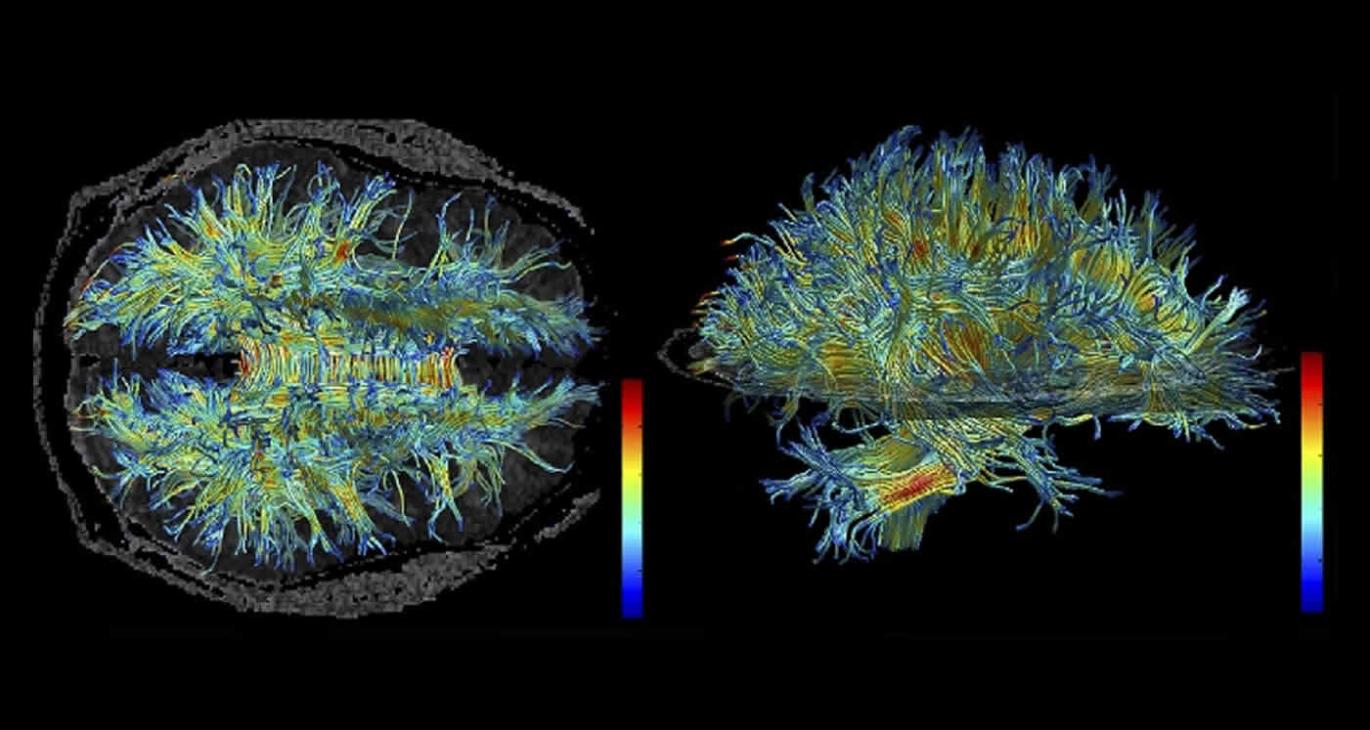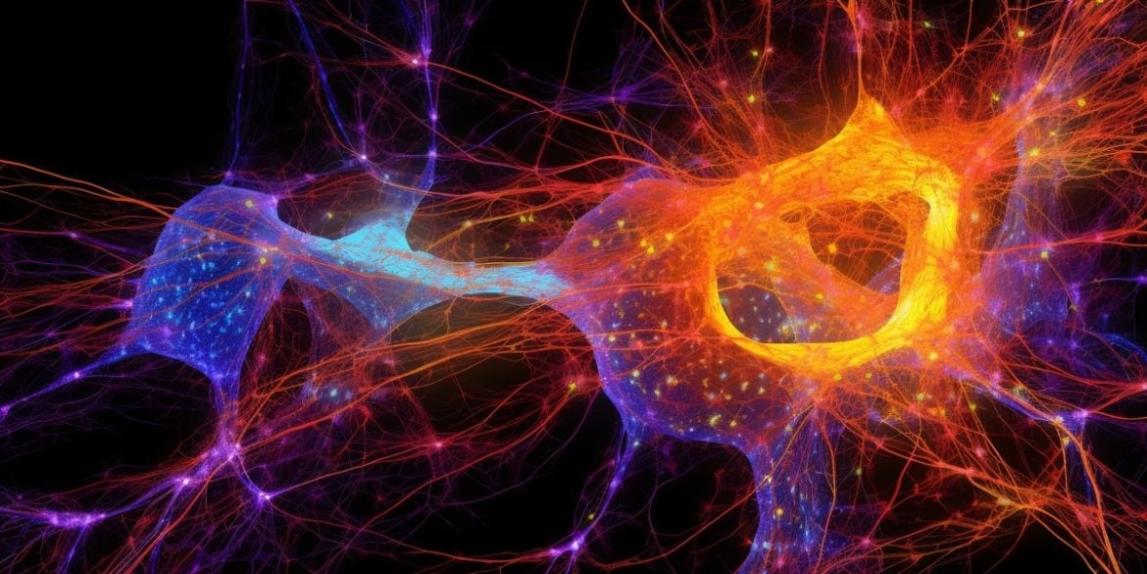The Role of Neurotransmitters in Mood Regulation: A Deeper Understanding
Our brains are intricate networks of billions of neurons that communicate with each other through chemical messengers called neurotransmitters. These neurotransmitters play a crucial role in regulating various aspects of our brain function, including our mood.

I. Neurotransmitters Involved In Mood Regulation
Several neurotransmitters have been identified as key players in mood regulation. Three of the most prominent ones are serotonin, dopamine, and norepinephrine.
Serotonin:
- Role: Serotonin is involved in regulating mood, sleep, and appetite.
- Imbalances: Imbalances in serotonin levels have been linked to mood disorders such as depression and anxiety.
Dopamine:
- Role: Dopamine is associated with reward, motivation, and pleasure.
- Imbalances: Imbalances in dopamine levels have been implicated in mood disorders like depression and schizophrenia.
Norepinephrine:
- Role: Norepinephrine plays a role in arousal, attention, and focus.
- Imbalances: Imbalances in norepinephrine levels have been associated with mood disorders such as depression and anxiety.
II. The Neurotransmitter Imbalance Theory Of Mood Disorders
The neurotransmitter imbalance theory proposes that mood disorders are caused by imbalances in the levels or functioning of certain neurotransmitters. While this theory has gained traction, it is important to note that the exact mechanisms underlying mood disorders are complex and likely involve multiple factors.
III. Factors Influencing Neurotransmitter Levels
Neurotransmitter levels can be influenced by a variety of factors, including genetics, environmental factors, and lifestyle choices.
Genetics:
- Genetic variations can affect the production and function of neurotransmitters.
- Genetic influences have been identified in mood disorders, suggesting a possible link between genetics and neurotransmitter imbalances.
Environmental Factors:
- Stress, sleep deprivation, poor diet, and lack of exercise can all impact neurotransmitter levels.
- Making positive lifestyle changes, such as managing stress, getting adequate sleep, eating a balanced diet, and exercising regularly, can help maintain neurotransmitter balance.
IV. Pharmacological Interventions For Neurotransmitter Imbalances

Pharmacological interventions, such as antidepressants, are commonly used to address neurotransmitter imbalances in mood disorders.
Antidepressants:
- Antidepressants work by increasing the levels or activity of certain neurotransmitters, such as serotonin, norepinephrine, or dopamine.
- Different types of antidepressants have different mechanisms of action and may be effective for different individuals.
Other Medications:
- Antipsychotics, mood stabilizers, and anxiolytics are also used to manage specific mood disorders.
- These medications work by targeting different neurotransmitter systems and can help alleviate symptoms associated with mood disorders.
V. Non-Pharmacological Approaches To Modulating Neurotransmitter Levels
In addition to pharmacological interventions, non-pharmacological approaches can also be effective in modulating neurotransmitter levels and improving mood.
Psychotherapy:
- Psychotherapy, such as cognitive-behavioral therapy (CBT), can help individuals identify and change negative thought patterns and behaviors that contribute to mood disorders.
- CBT has been shown to be effective in improving mood and reducing symptoms of depression and anxiety.
Lifestyle Modifications:
- Getting adequate sleep, eating a balanced diet, exercising regularly, and managing stress can all positively impact neurotransmitter levels and mood.
- Implementing these lifestyle changes can be a valuable adjunct to pharmacological interventions or as a standalone approach for managing mood disorders.
VI. Conclusion
Understanding the role of neurotransmitters in mood regulation is crucial for developing effective treatments for mood disorders. While neurotransmitter imbalances are implicated in mood disorders, the exact mechanisms are complex and likely involve multiple factors. Pharmacological and non-pharmacological interventions can be used to modulate neurotransmitter levels and improve mood. Further research is needed to gain a deeper understanding of the neurobiology of mood disorders and to develop more targeted and effective treatments.
YesNo

Leave a Reply